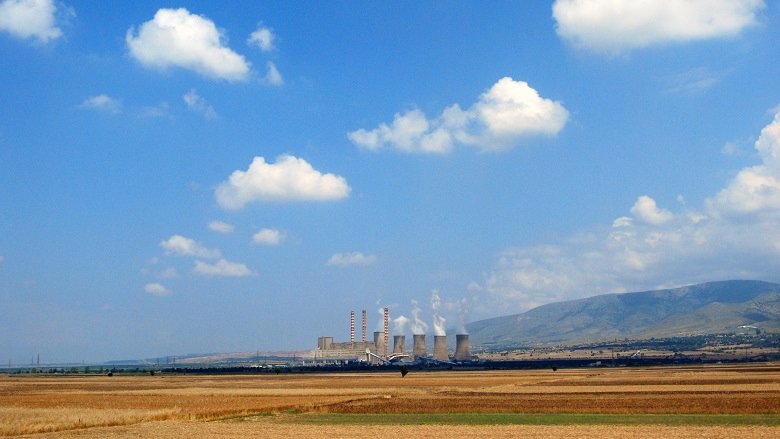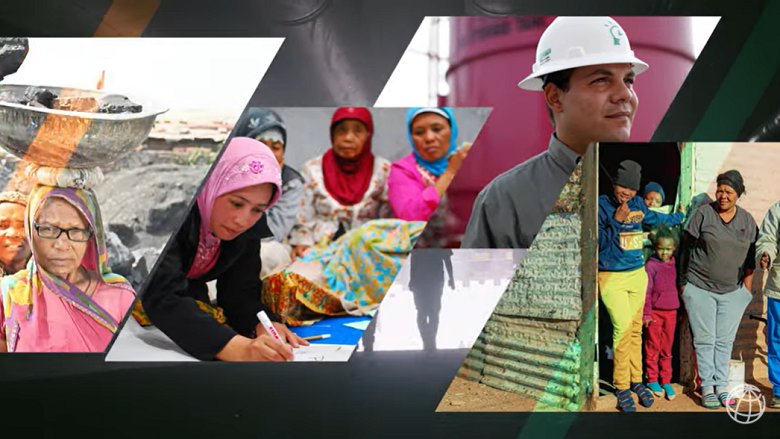Greece is on the fast track to cut down its use of coal, which now makes up only 9% of its total energy supply, down from 25% six years ago. By 2028, the government plans to end all energy production from coal, and if it succeeds, the Greek roadmap to a just transition could help other countries move away from coal.
Accomplishing such an ambitious trajectory requires careful planning. Two years ago, the World Bank partnered with the European Commission (EC) to help Greece do just that. Greece became the first European Union (EU) member state to submit a detailed roadmap to the EC for a just transition away from coal that supports workers and communities.
The World Bank's work on the roadmap was supported by the EC through its Directorate-General for Structural Reform Support, which helps EU countries design and implement reforms to underpin job creation and sustainable growth. The work also supports the European Council's 2030 Framework on Climate and Energy, which calls for reducing coal-fueled energy for EU member states by 2030. The World Bank is engaged in several coal-dependent regions to help governments transition away from coal.
With its roadmap in place, Greece is set to invest billions of dollars in coal-dependent areas. The plan will spur economic development, helping absorb jobs lost in the coal sector while setting the stage for new clean energy industries. Lessons learned from Greece's experience — including the importance of early planning and stakeholder engagement and the need to understand the unique opportunities in the affected region — will be valuable to other countries where the World Bank and the EC support a just transition away from coal, such as Bulgaria, the Western Balkans and Ukraine.
"With its roadmap in place, Greece is set to invest billions of dollars in coal-dependent areas. The plan will spur economic development, helping absorb jobs lost in the coal sector while setting the stage for new clean energy industries."
For example, the World Bank, the EC, and other partners created a Platform in Support of Coal Regions in Transition in Western Balkans and Ukraine. It allows participants to share and compare experiences as they prepare transition roadmaps and early investment projects in coal regions. Coal-dependent countries outside of Europe are already benefiting, with knowledge transfer to South Africa, India and Indonesia.
Greece’s transition is coming at a critical time: its economy shrank by nearly 10% during the COVID-19 pandemic, and unemployment hovers around 14% overall and almost 34% for younger workers. The roadmap provides an opportunity to build back better — and greener.


